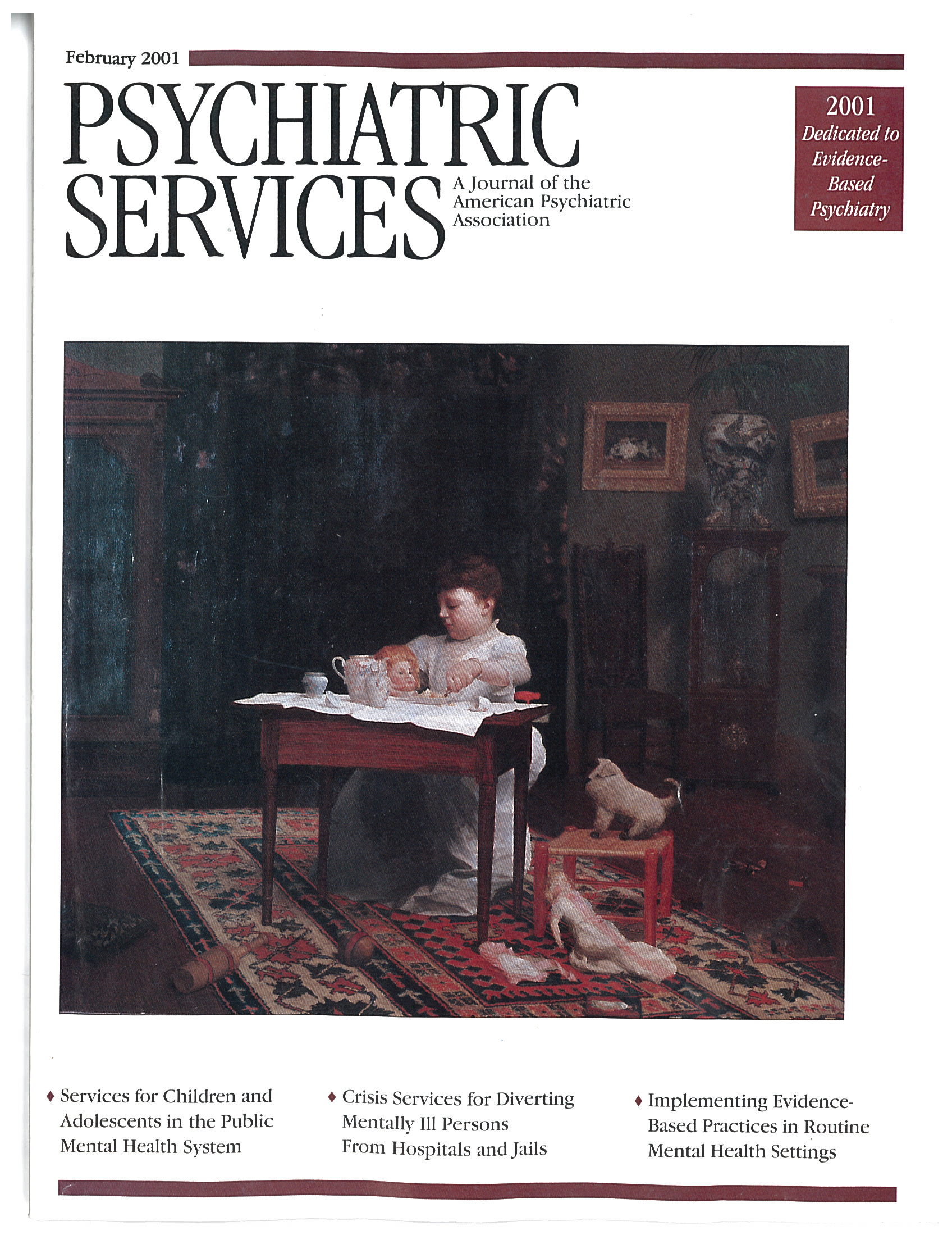Consumer & Family Information: Depression
Depression is a serious medical illness that affects how you feel, think, and act. Each year 17 million Americans experience depression—young and old people and people of all races, cultures, and incomes. Fortunately, depression is very treatable. Eighty to 90 percent of those who receive care experience significant improvement, and almost all depressed persons derive some benefit from treatment.
Unfortunately, people may not recognize their symptoms as signs of an illness, or they may fear the reactions of coworkers, friends, and family. As a result, millions of people with depression do not seek treatment and unnecessarily experience problems at work or in relationships. Several factors can play a role in depression: biochemistry, genetics, personality, and stressful life events.
SYMPTOMS
Depression has a variety of symptoms, but the most common is a deep feeling of sadness. People with depression may feel tired, listless, hopeless, helpless, and generally overwhelmed by life. They no longer enjoy simple pleasures, and their world often appears dark and uncontrollable. Emotional and physical withdrawal from others is a common response.
Depression may be diagnosed if a person is experiencing:
• Persistent feelings of sadness or anxiety
• Loss of interest or pleasure in usual activities
• Changes in appetite that result in weight loss or gain not related to dieting
• Insomnia or excessive sleeping
• Loss of energy or increased fatigue
• Restlessness or irritability
• Feelings of worthlessness or inappropriate guilt
• Difficulty concentrating or making decisions
• Thoughts of death or suicide or attempts at suicide.
Depression is diagnosed only if these symptoms are not caused by other conditions, such as neurological or hormonal problems, or by illnesses, such as cancer, and are not the side effects of medications or substance abuse.
TREATMENT
Exercising, dieting, or taking a vacation does not control depression for any length of time. Before a mental health professional recommends a specific treatment, he or she will conduct a thorough diagnostic evaluation. Its purpose is to reveal specific symptoms and to understand the person's medical and family history and cultural setting as well as any factors that may be causing stress.
Antidepressants may be prescribed to correct imbalances in the levels of chemicals in the brain. These medications are not sedatives, "uppers," or tranquilizers; they are not habit forming; and they generally have no stimulating effect on people who are not experiencing depression. Antidepressants usually take full effect within three to six weeks.
Psychotherapy, or "talk therapy," may be used either alone for treatment of mild depression or in combination with antidepressant medications for treatment of moderate to severe depression. Psychotherapy may involve only the individual, or it may include others. Family or couples therapy helps address specific issues that can arise in close relationships. Depending on the severity of the depression, treatment may take a few weeks or substantially longer. In many cases, significant improvement is felt after ten to 15 sessions.
If you are experiencing symptoms of depression, see your physician or a mental health professional, describe your concerns, and request a thorough evaluation. You will feel better.
Adapted from "Let's Talk Facts About Depression," produced by the American Psychiatric Association. Be sure to visit APA's Web site at www.psych.org



